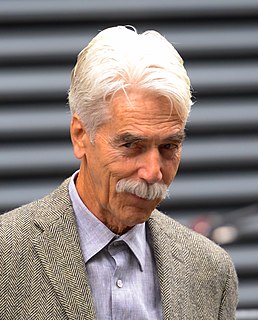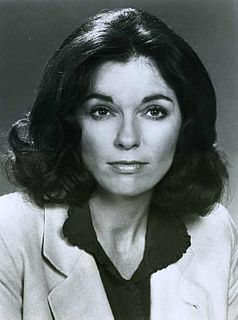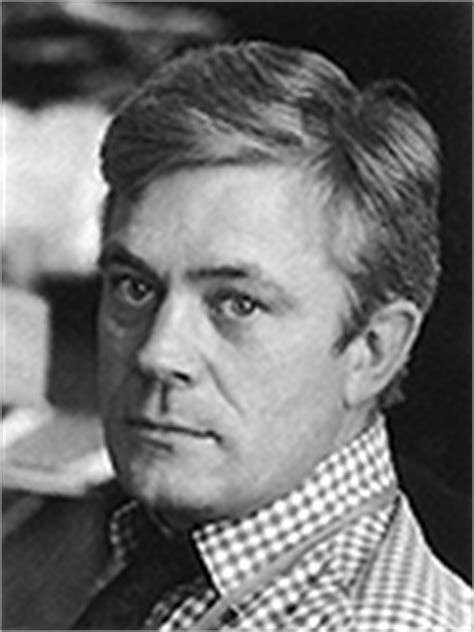A Quote by Sam Elliott
Any of these Vietnam vets that have been there and know the deal, they don't feel that any Hollywood endeavor about the Vietnam era has ever gotten it right yet.
Related Quotes
The leading, the most respected Vietnam historian, military historian Bernard Fall -he was a hawk incidentally, but he cared for the Vietnamese - he said it wasn't clear to him whether Vietnam could survive as a historical and cultural entity under the most massive attack that any region that size had ever suffered. He was talking about South Vietnam, incidentally.
I've always been interested in Vietnam, feel it's a seminal event in our nation's history, and have explored it over the years - but I hadn't been interested in doing a documentary about it. I felt there had been a lot done about Vietnam, and didn't know if I could add anything new to the discussion.
Every book that comes out, every article that comes out, talks about how - while it may have been a "mistake" or an "unwise effort" - the United States was defending South Vietnam from North Vietnamese aggression. And they portray those who opposed the war as apologists for North Vietnam. That's standard to say. The purpose is obvious: to obscure the fact that the United States did attack South Vietnam and the major war was fought against South Vietnam.
Critical journalism has gone out of fashion, or rather, it has been bought out. And so, we have much less of it than we did during the Vietnam era, where there was very critical reporting on the Vietnam War and a lot of disagreement among the media. Now you find that the media are much more homogenous, converging because they all must cater to the same community of advertisers. It's sad to see.
For educated Americans like Joseph Ellis, Vietnam is a special hang-up. I am an Englishman of exactly the Vietnam generation, a couple of years younger than Ellis; indeed, for reasons too complicated to explain here, I was nearly drafted into the US army in 1965. I know many Americans of my own age and, as much to the point, my own class - journalists, publishers, lawyers. And I don't think I know one who served in Vietnam.


































